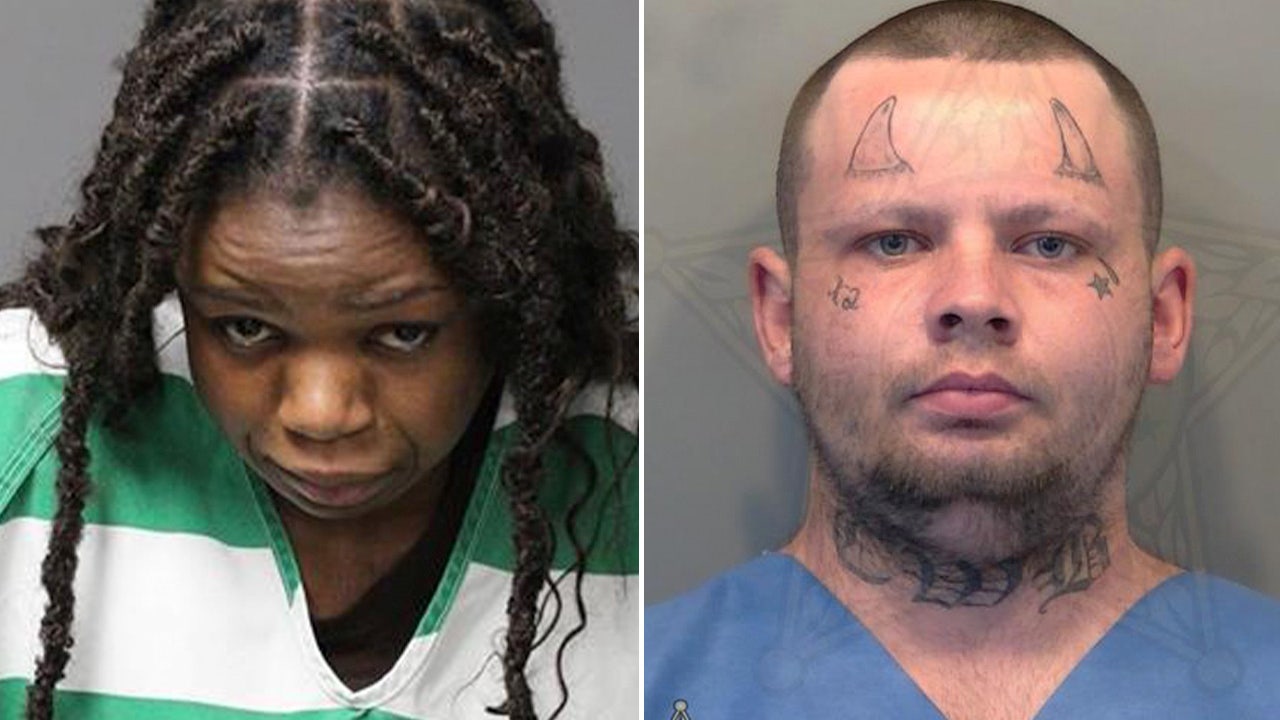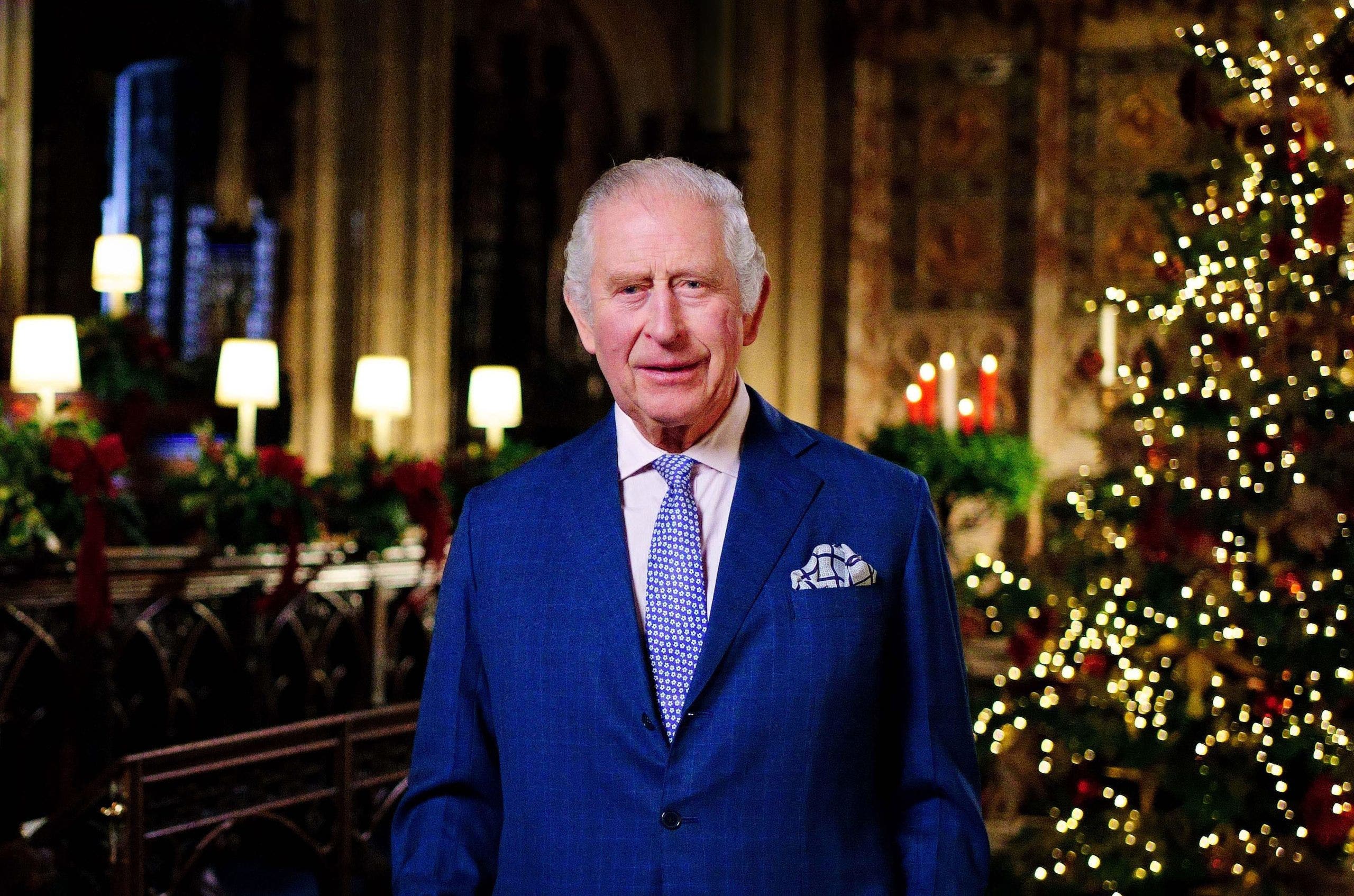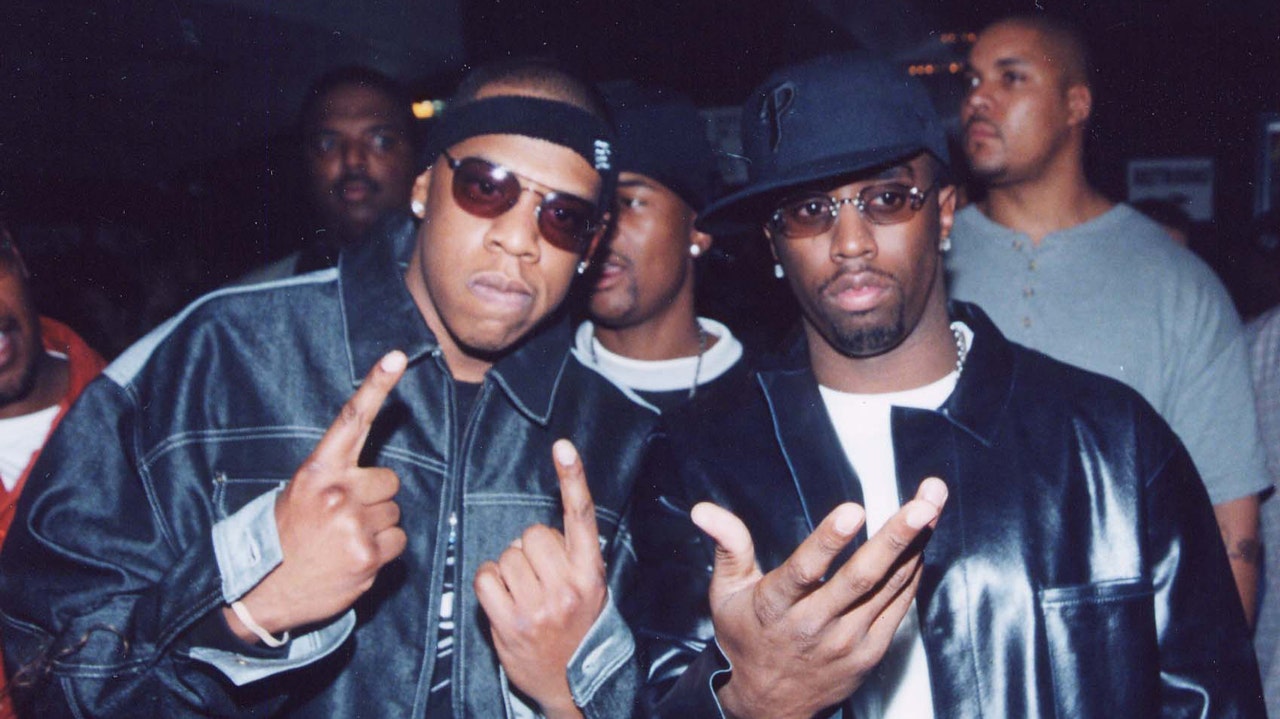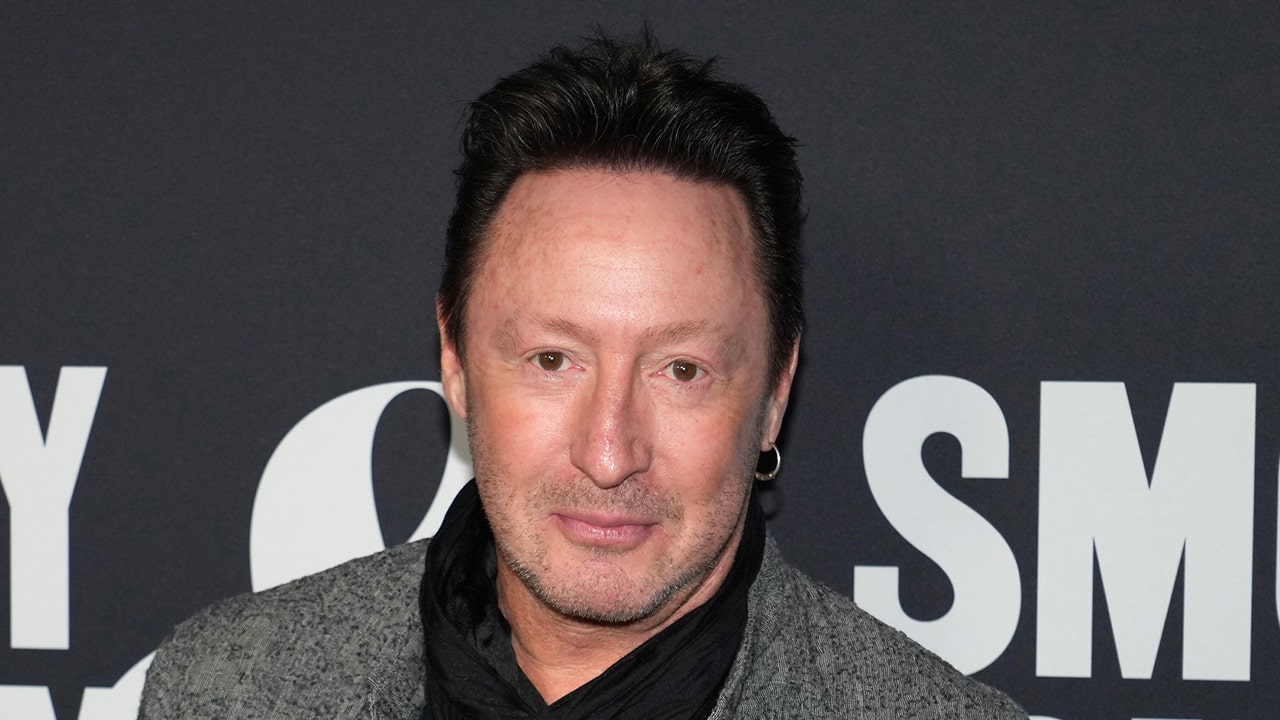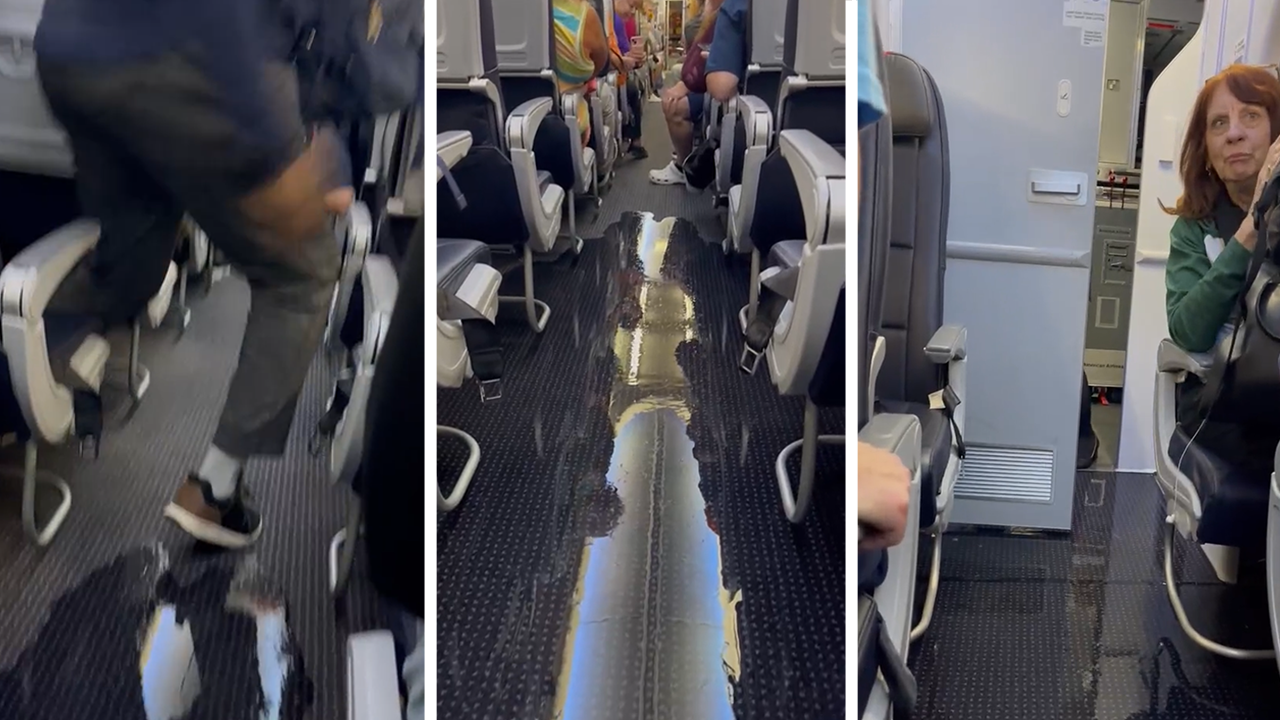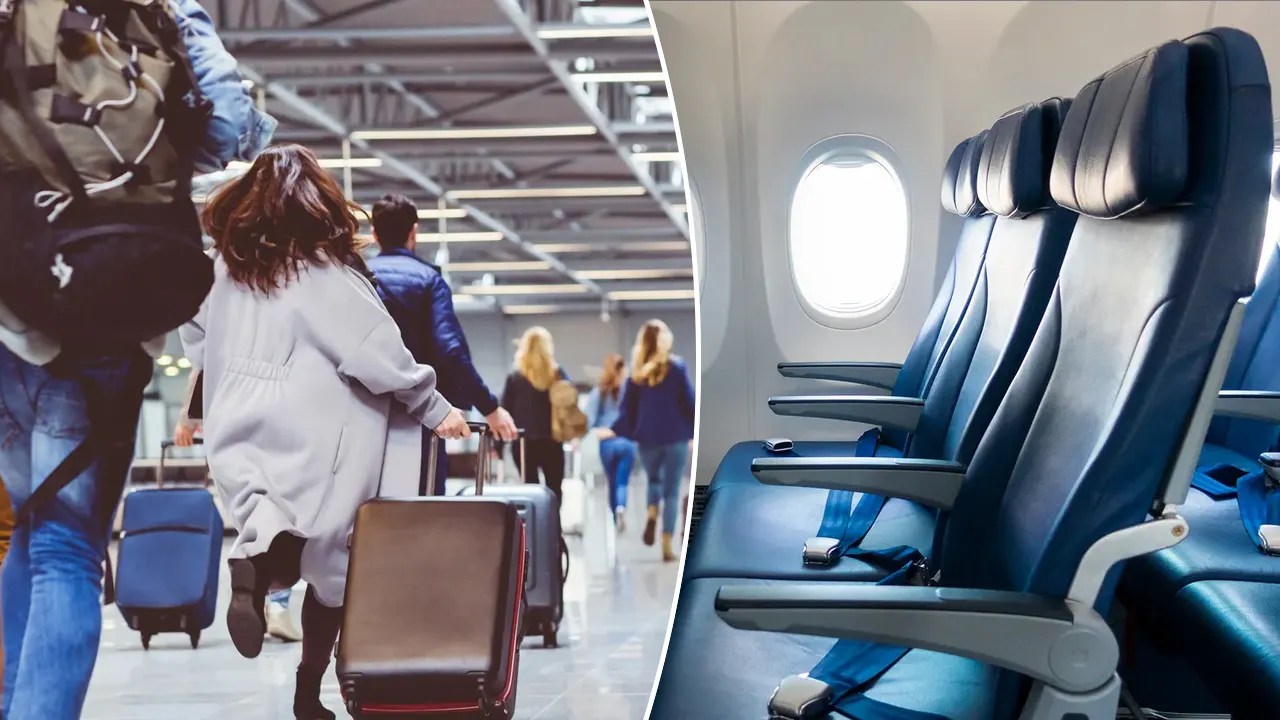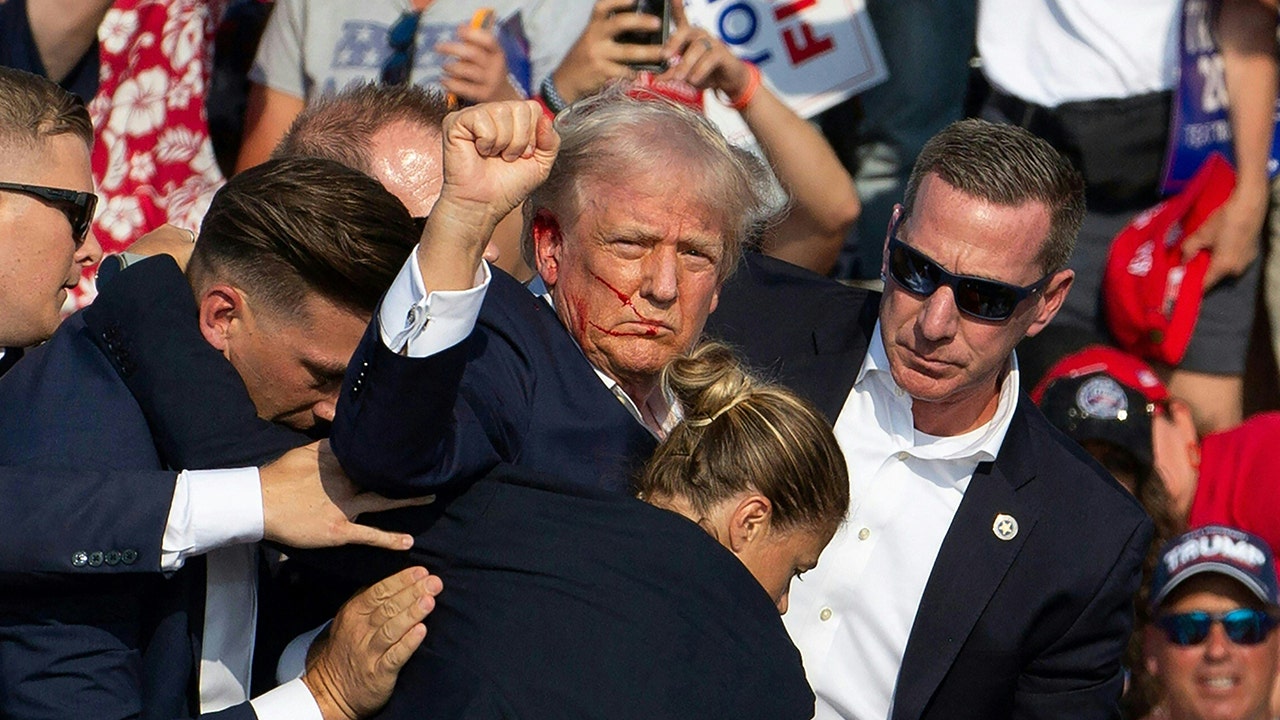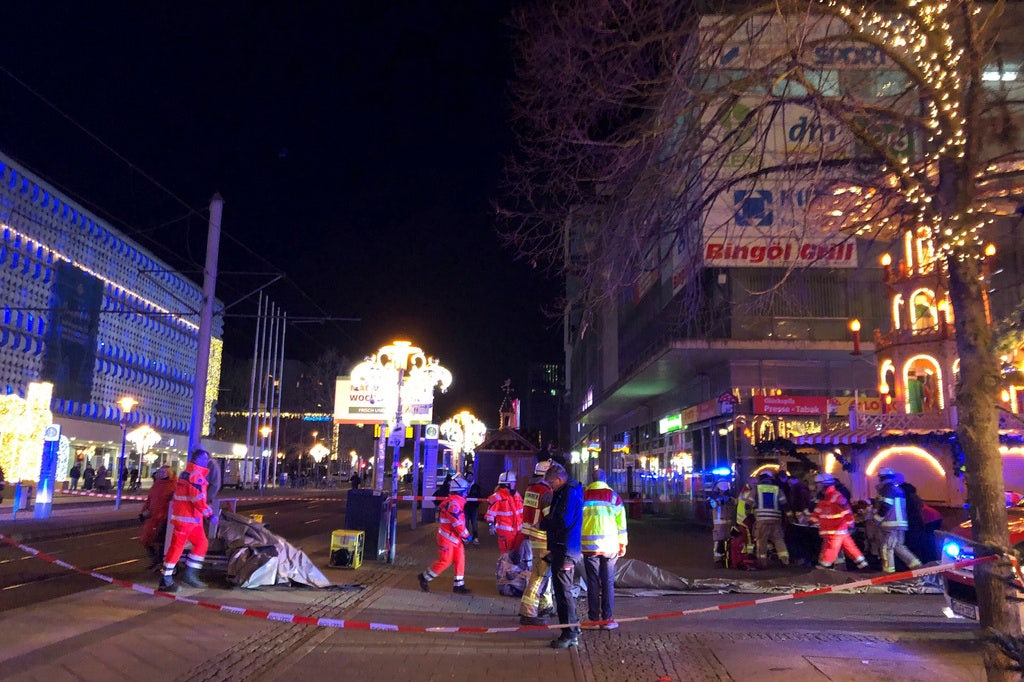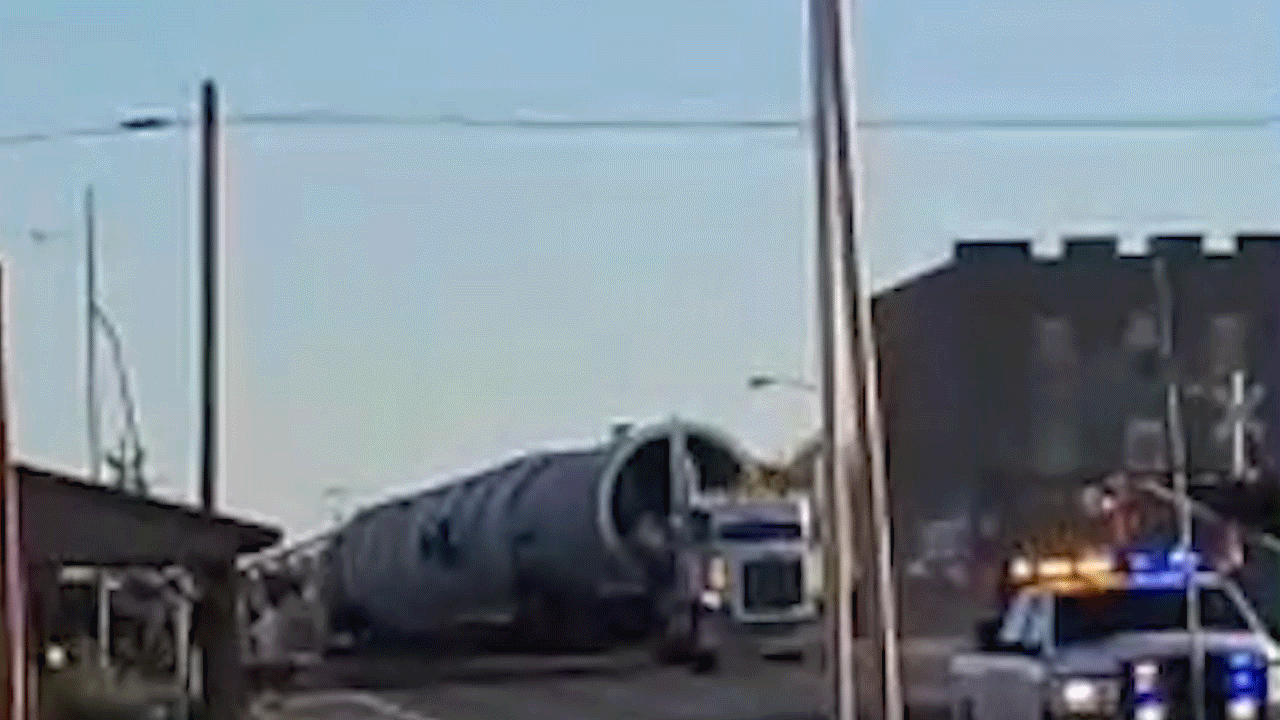The Trump Assassination Attempt: Accountability in the Secret Service
The U.S. Secret Service on Friday published a summary of the agency’s independent investigation into the July 13 assassination attempt against former President Donald Trump, which concluded that certain agents’ actions and behaviors may warrant disciplinary action.
The agency’s investigation, called a Mission Assurance Inquiry, “identified several instances of behaviors and acts by multiple employees that warrant review for corrective counseling and, potentially, disciplinary action,” the USSS synopsis says.
“All Secret Service employees are held to a high standard of conduct in the performance of their duties when providing protection to those that entrust us with their well-being and the safety of their families,” the document states.
Critical Communication Breakdown
On the day of the tragic rally in Butler, Pennsylvania, a dangerous gap in communication existed. The internal review, slated for sharing with Congress, unveiled significant deficiencies. There was a muddled comprehension of roles and responsibilities among personnel, which compounded the already tense atmosphere. During this pivotal event, a gunman named Thomas Crooks managed to fire at Trump, with bullets flying alarmingly close—one reportedly grazing his ear.
In the confusion, Crooks, aged 20, tragically claimed the life of rally attendee Corey Comperatore and seriously injured two others, David Dutch and James Copenhaver. There was a palpable sense of disbelief—how could a situation unravel so dramatically in front of thousands?
The report highlights a consensus among some agents from Homeland Security Investigations (HSI). They expressed their concerns about being unprepared, stemming from inadequate training. Others, however, felt ready to face the challenge. A mix of readiness and unpreparedness is unnerving, underscoring a systemic problem within the agency.
A Day Marked by Lack of Coordination
Reflecting on the day, the Mission Assurance Inquiry bluntly stated, “July 13, 2024, was a failure for the Secret Service.”
The agency observed that they lacked adequate command and control over radio communications at the rally venue. Certain agents failed to relay critical information effectively, relying instead on informal channels like phone calls and texts. Such failures can jeopardize lives, especially when the stakes are so high.
Additionally, Crooks had positioned himself on the roof of the American Glass Research (AGR) building. He fired eight shots after authorities cited a suspicious individual with a range finder near the venue, yet the appropriate response was delayed. Awareness without action can often lead to catastrophic consequences.
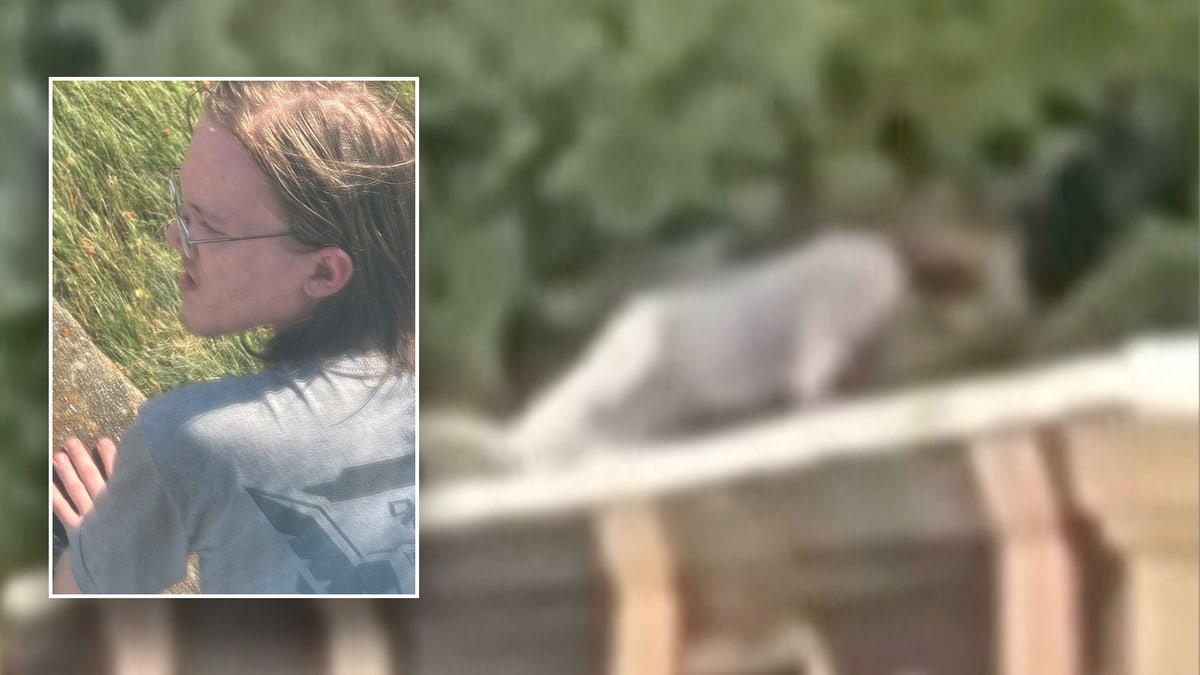
State and local law enforcement agencies pointed out that the planning for the rally exhibited a concerning lack of detail, cohesion, and clear leadership. With approximately 15,000 attendees and oppressive heat, the situation became even more precarious, resulting in over 250 requests for medical assistance. Unforeseen challenges highlighted the weaknesses in securing such large gatherings.
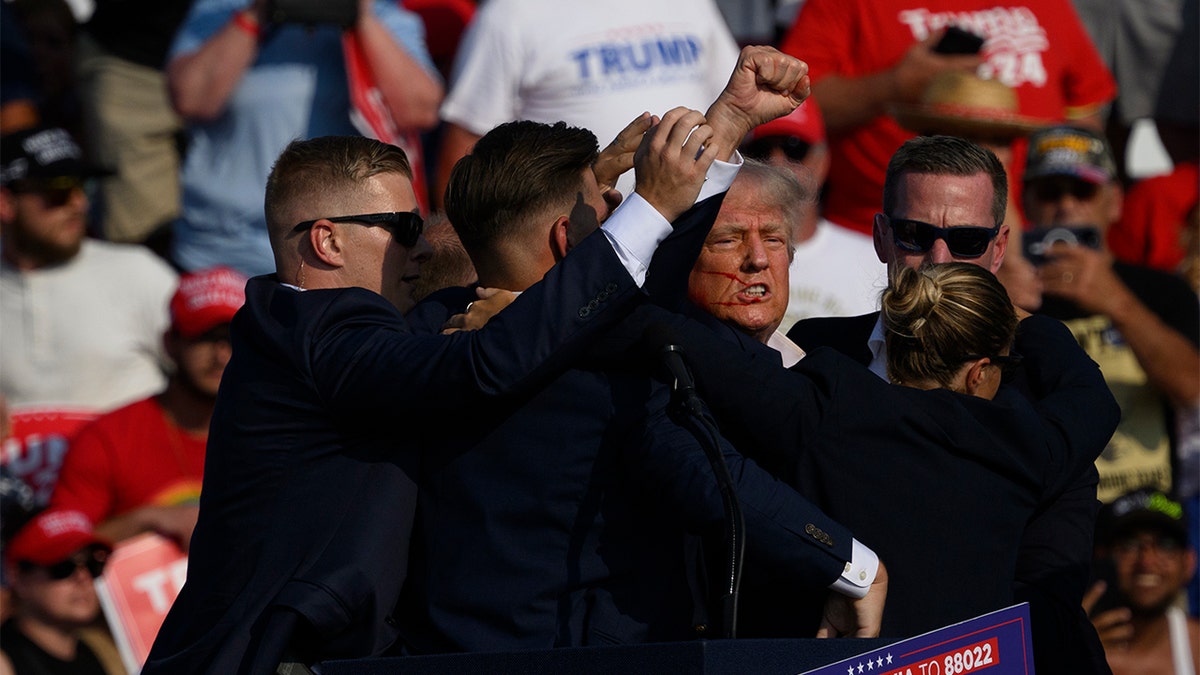
Moreover, a disconnect existed with Trump’s campaign team, which led to an unexpected diversion of security personnel to assist with medical emergencies. In a setting where every second counts, this misalignment diverted crucial resources away from their primary mission: protecting the former president.
Looking Ahead: Commitments to Change
The aftermath of the July 13 rally birthed a concrete call for transformation within the Secret Service. The report highlighted a series of operational, policy, and organizational changes. These updates will follow recommendations from the Mission Assurance Inquiry, as well as proactive measures initiated after the incident.
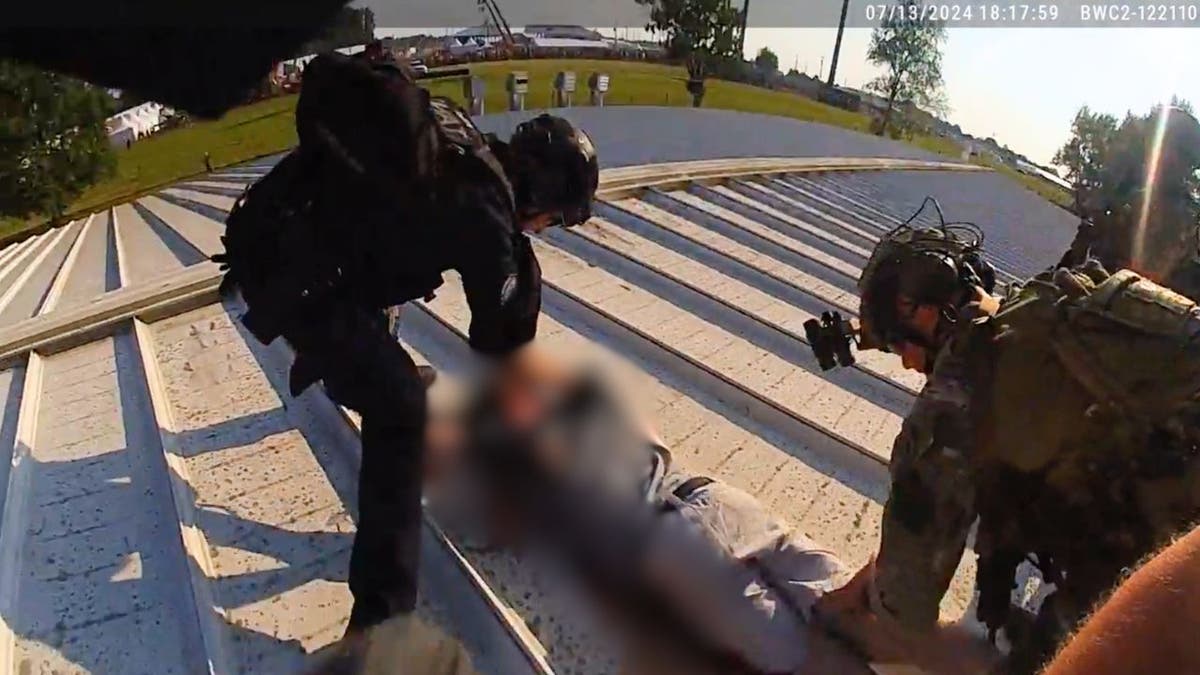
These changes encompass a commitment to providing the highest level of security for Trump and Vice President Kamala Harris. Enhanced staffing for Trump’s detail and the deployment of unmanned aerial systems are just a few facets of the improvements being set in motion. Radio systems will also be revised to bolster communication efficiency.
“The Secret Service will continue to make further changes and implement viable recommendations that it receives from various entities. The agency is devoted to the mission entrusted to us and will work vigilantly to restore the trust bestowed upon us by the people we protect, the Congress, and the American people,” the inquiry concluded.
As Congress and other oversight committees investigate the July 13 assassination attempt, one cannot help but hope that lessons learned will forge a stronger, more resilient Secret Service. A failure like this should serve as a cautionary tale, emphasizing that the protection of leaders is paramount—a duty that requires unwavering dedication and robust systems of accountability.

